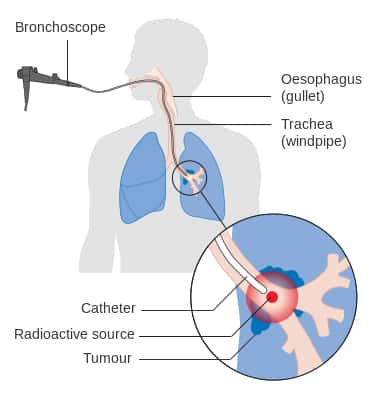What does holistic health care mean in the context of treatment and medicine?

The holistic health care system is a form of healing which considers the whole system of a person includes the body, spirits, emotion, etc everything to convert it in a form of optimal wellness and health.
In the holistic health definition, one can easily achieve the level of optimal health by practicing proper balance in life and gaining the goal of holistic medicine practice.
The people who practice holistic healing believe that the whole body of a person is made up of different interdependent parts and if anyone part is not working properly then all the other parts will be affected by it.
Similarly, if people face any sort of imbalance and impurities whether in emotional, physical or in spiritual well being then more or less it can negatively affect their overall health at the end.
If we talk about in the context of medicine and treatment then a holistic doctor can use all the forms of healing treatments which range from the traditional and conventional medication to the alternative medicinal therapies.
These different treatments may use different drugs for relieving the symptoms and can also use different lifestyle modifications and value added services for preventing them from any sort of repetitive headaches.
What are the basic principles of Holistic medicine?
The Holistic health care medicine is also based on the firm belief that the constant good behavior, love, and support are the most powerful healer for a person.
These actions of holistic care are ultimately responsible for a person’s own health and well-being. Some other principles of holistic health care medicine include the following:
- All people have their internal healing powers.
- The patient is itself a person and it is not a disease.
- The process of healing takes a whole team approach which involves the patient and doctor and addresses the entire aspects of a person’s life using a variety of health care practices.
- This treatment involves fixing the cause of the condition but not just alleviating the symptoms.

What are different types of treatments in Holistic health care medicine?
The people who practice the holistic healing treatments use various kinds of techniques to help their patients. These professionals use several kinds of treatment techniques which fully help their patients to achieve the optimal health well being. It includes the following features:
- The full educations to the patient for making them learn the lifestyle changes and different self-care techniques to promote the wellness. This may also include the diet, exercise, counseling for relationship and spiritual well-being, etc.
- Some complementary and alternative therapies are also there such as acupuncture, homeopathy medicines, the massage therapy, etc. Western medications and surgical procedures
The holistic treatment providers help the medical doctors and homeopathic doctors to make them with their best treatment. Here are some important tips to keep in mind when choosing a holistic provider.
-
Don’t go randomly to just anyone
As with all the professionals, there are those who are good at their jobs and those who are not as good.
Before choosing a holistic healing treatment, get a recommendation from someone you trust, or contact a credible health organization and ask for a recommendation.
-
Do your research and homework
When selecting a holistic healing treatment, find out as much as you can about that person’s training, experience, specialty, and association with professional organizations and hospital affiliations.
It is very much important to know the certification body behind them.
-
Check how much you are comfortable
Consider how comfortable you are with the provider.
Does he or she make you feel comfortable enough?
Can you trust upon the providers according to their concerns and beliefs?
Remember, the holistic nutrition and treatment plan takes a team approach, involving you and the provider, so make sure you feel comfortable and respected and that he or she is someone with whom you would like to work.
-
Ask the right questions
In order to understand you as a whole person and not just a disease, be prepared to answer lots of questions, including the questions about your diet, exercise, sleep habits, how you feel emotionally, your religious beliefs and practices, close relationships, and more.
If these basic questions like these are not being asked by the provider, he or she may not be a holistic-minded person.
-
Different treatment options are available
When determining a holistic treatment approach, does the wellness plan go beyond pills? Make sure the medical professional examines all lifestyle factors, along with medical factors that could be contributing to your illness.
 













